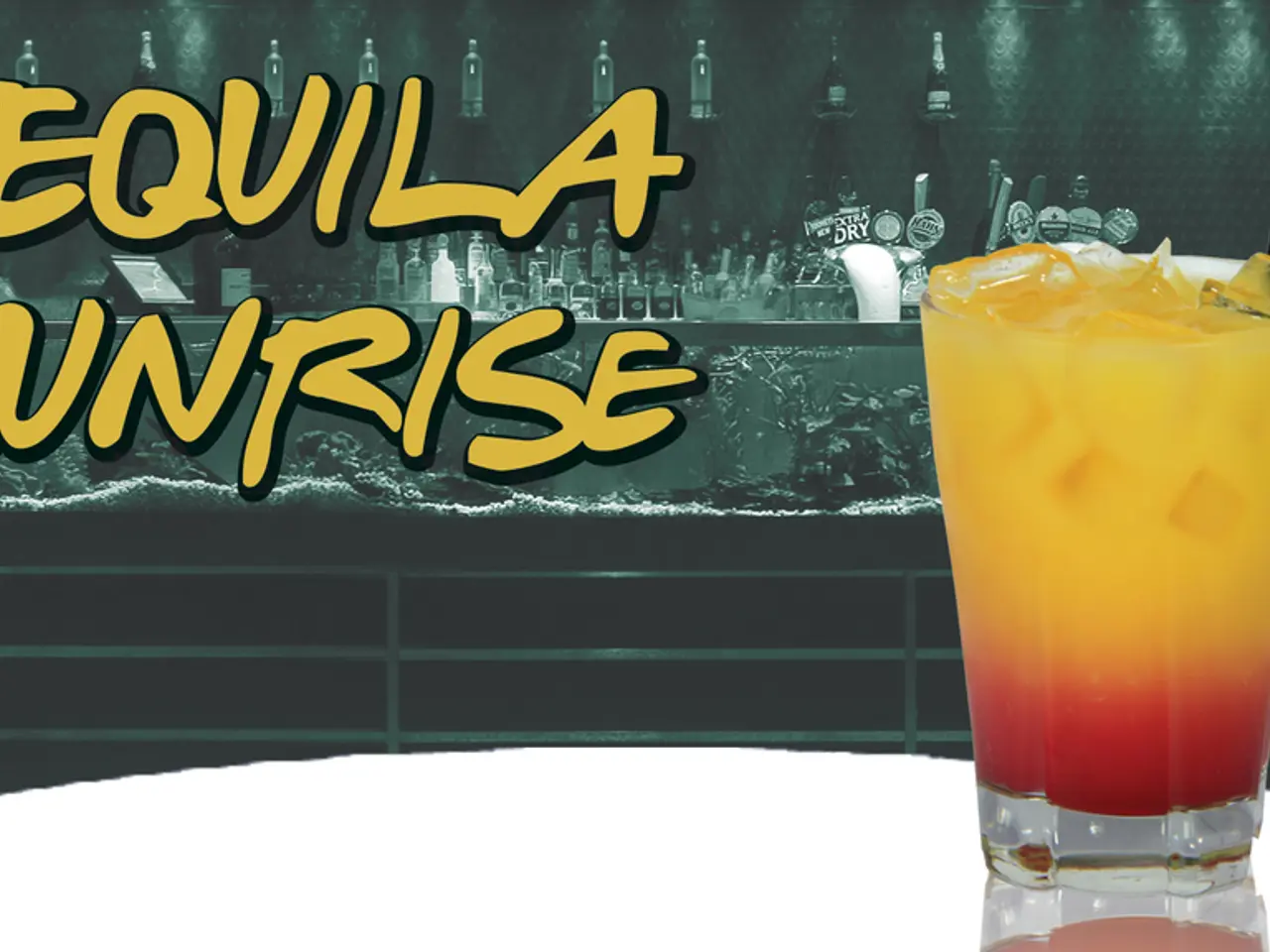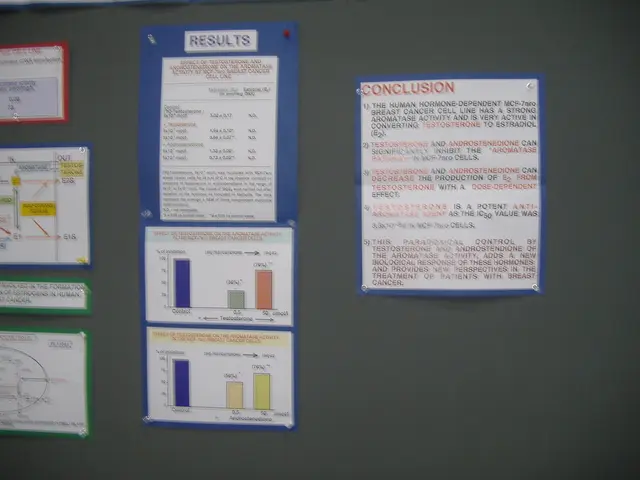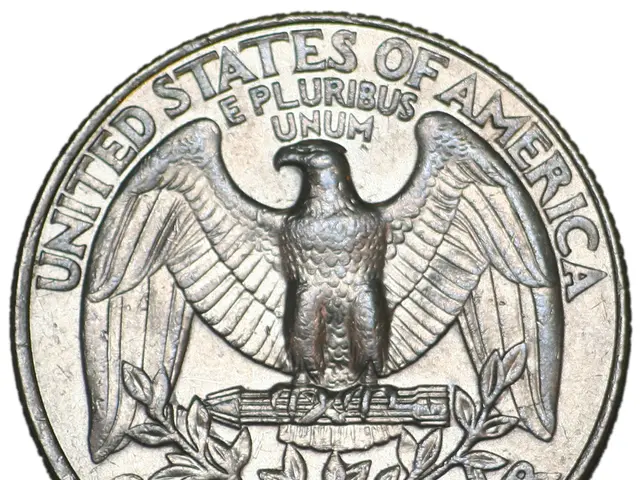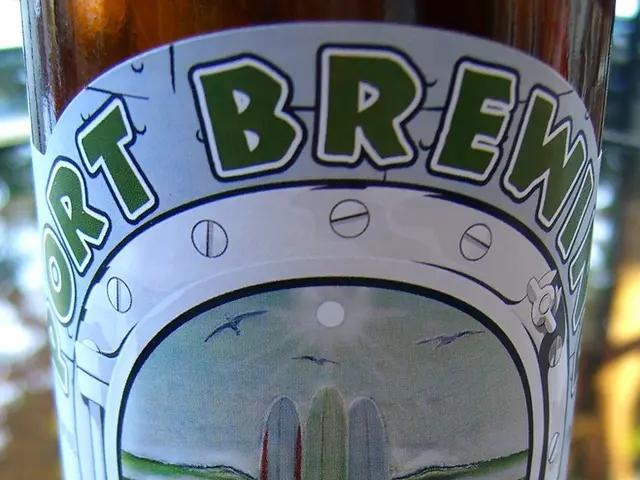Boom in Licensed Alcohol Sales Points in Kuban Region
Over 1,000 clandestine liquor establishments shut down in the Krasnodar region since 2017
The Kuban region, nestled in southern Russia, has experienced a significant increase in licensed alcohol sales points since 2017. This surge can be attributed to a combination of regulatory changes, growing consumer demand, and government initiatives.
Regulatory Shifts and Economic Recovery
Since 2017, Russian authorities have been gradually liberalizing certain alcohol retail restrictions, promoting legal sales under strict licensing to combat illegal sales. At the same time, the Kuban region's economic recovery and increasing consumer purchasing power have driven demand for a wider variety of alcoholic beverages.
Expansion of Retail Chains and Government Initiatives
Large retail chains and supermarkets have expanded their alcohol offerings, opening more points of sale to capture market share. Government efforts to improve taxation compliance and regulation enforcement have also led to an increase in officially licensed outlets, replacing illicit vendors.
Tourism and Public Safety
Kuban's growing tourism, particularly in cities like Krasnodar and Sochi, has increased demand for convenient alcohol purchasing options. This trend aligns with the importance of protecting the region's residents and guests from dangerous products, as emphasized by Governor Veniamin Kondratyev.
Economic Benefits and Public Health Concerns
The growth in licensed sales points has stimulated local economies, increased tax revenues, and created new jobs. However, the increased availability of alcohol may raise concerns about consumption-related health effects, prompting calls for responsible sales policies.
Current Statistics
As of 2024, the Kuban region has seen a roughly 30-40% increase in licensed alcohol outlets since 2017. Currently, licensed sales account for more than 85% of all alcohol sales in the region, significantly reducing the informal market. The majority of new points are small retail shops and supermarket chains concentrated in urban areas such as Krasnodar city.
Impact on the Market
Competition among retailers has intensified, leading to varied pricing and promotions that impact consumer behavior. The growth is especially strong in sales points offering licensed beer, wine, and spirits, with a trend toward premium and craft alcoholic products.
It's worth noting that special attention is paid to retail trade during preventive measures, and retail sales of alcoholic beverages have shown a decreasing trend. Since 2017, the number of licensed objects has increased by 23%.
In addition, seasonal cafes and restaurants must now obtain an additional special permit in addition to their main license for legal trade. "Days of Krasnodar Krai Wines" are held twice a year, during which regional wines are marked with special price tags.
Close cooperation with law enforcement and regulatory bodies has significantly improved the market situation, with approximately 220,000 liters of counterfeit alcoholic beverages seized in the first half of 2025. Over 100 crimes related to counterfeit alcoholic beverages were detected and seized during this period.
All participating brands undergo annual checks to ensure they meet quality and safety standards. The governor mentioned that the regional budget revenues from excise duties have increased more than fourfold to 12.6 billion rubles per year.
In conclusion, the boom in licensed alcohol sales points in Kuban has brought about numerous economic benefits and improved public safety. However, it's crucial to address concerns about consumption-related health effects and maintain strict regulations to ensure the quality and safety of the products being sold.
The boom in licensed alcohol sales points in the Kuban region has been influenced by regulatory shifts, economic recovery, and growing consumer demand, resulting in an expansion of retail chains and an increase in government initiatives.
This surge in licensed sales points has stimulated local economies, increased tax revenues, and created new jobs, with large retail chains and supermarkets increasing their alcohol offerings to capture market share.




